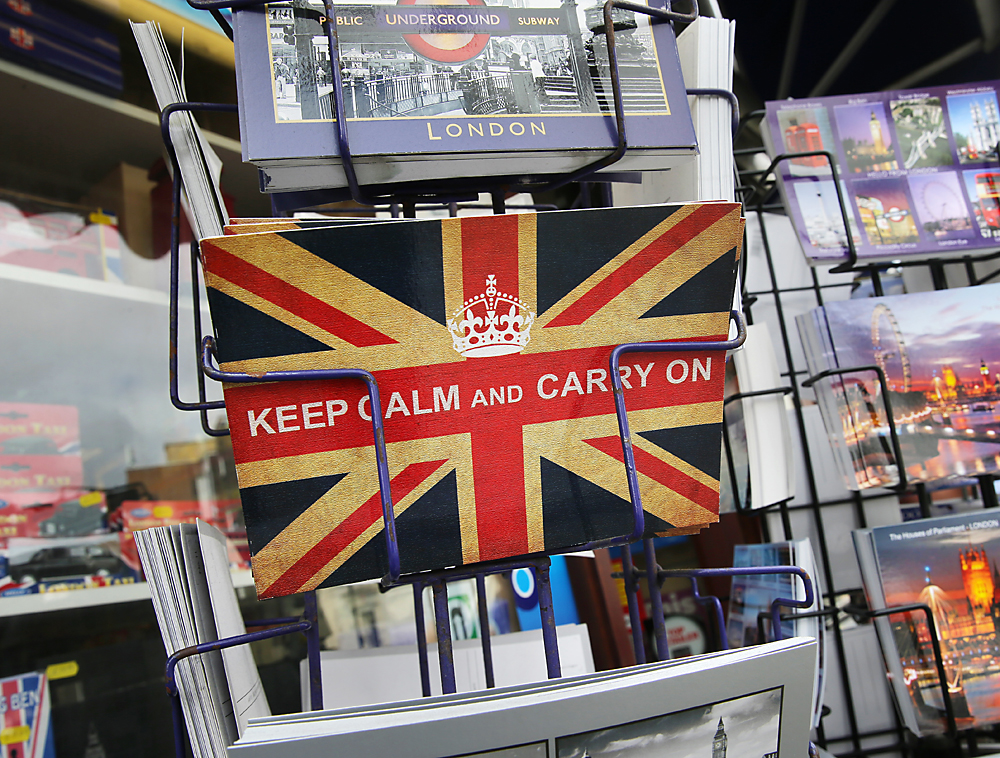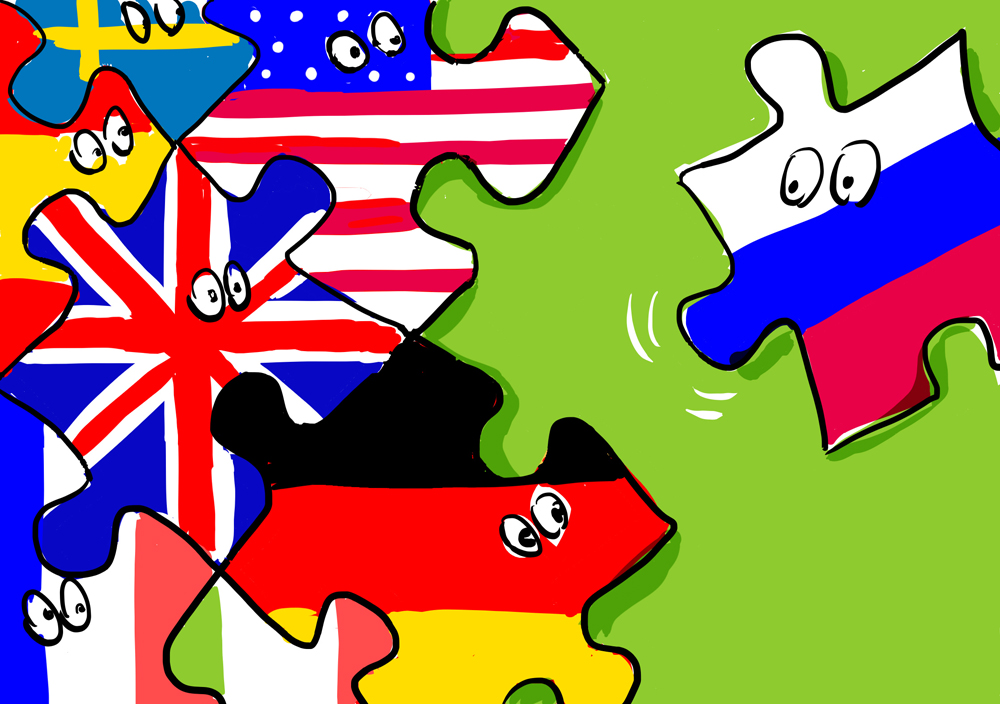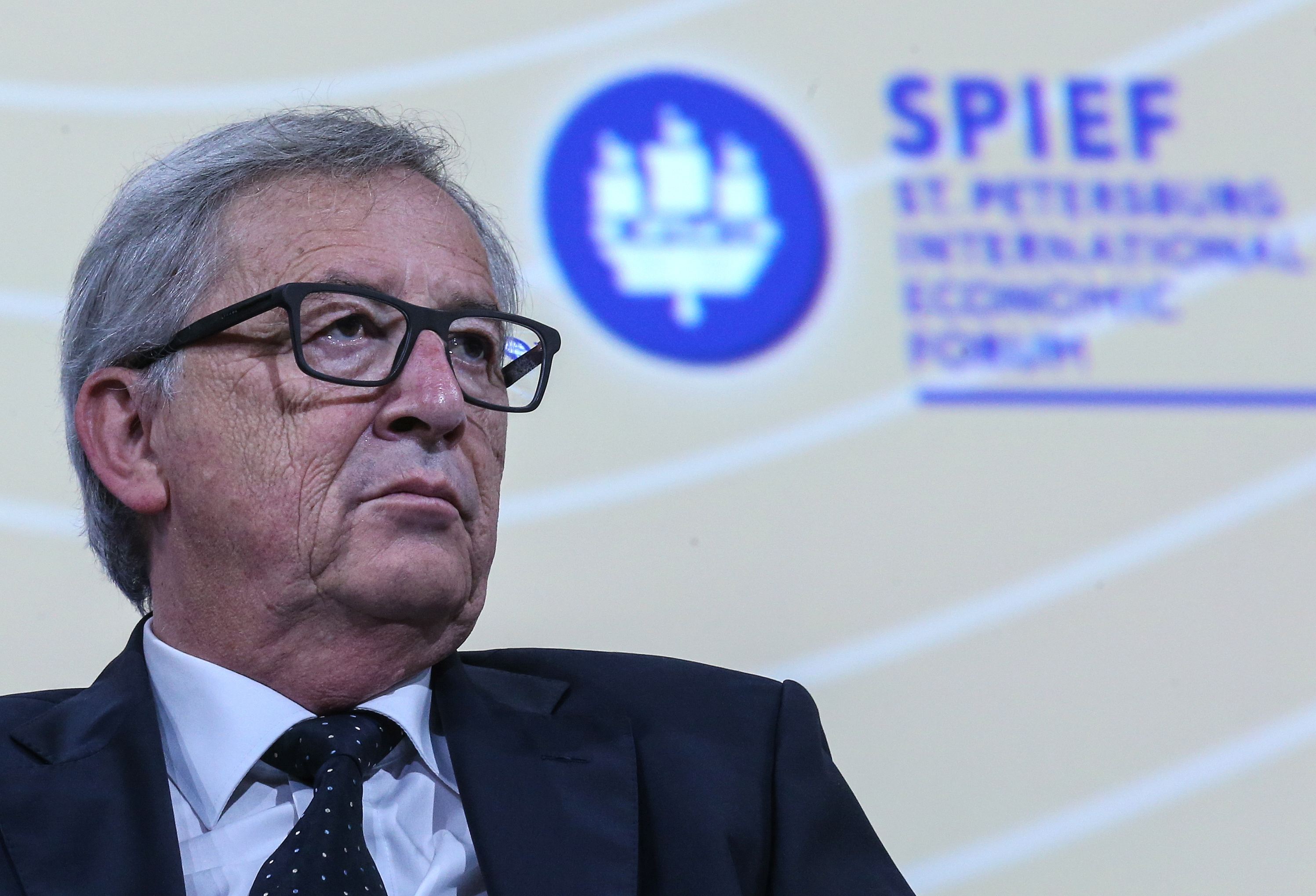Russia, like others, feels Brexit heat

A postcard reads 'Keep calm and carry on' in London, Britain, 24 June 2016.
DPA/Vostock-PhotoA majority of British citizens (52 per cent) decided in the June 23 referendum that it would be better for their country to leave the European Union, of which it has been a part since 1973. Prime Minister David Cameron, who had initiated the referendum but spoke strongly in favour of remaining in the EU, has, after the verdict, announced his intention to resign.
Brussels' defeat
"Although it has achieved a lot, Europe's most important integration project has not been able to solve the main issue: become comprehensible and convenient for the broad population," wrote Konstantin Kosachev, head of the Federation Council Committee on Foreign Affairs, on his Facebook page. The senator noted that the EU bureaucracy deprives it of the mobility to react to new challenges and problems such as terrorism and migrant flows.
Alexei Pushkov, head of the Foreign Affairs Committee in the State Duma agrees. He even entered a twitter spat over the news with former US Ambassador to Russia Michael McFaul, who wrote in his Twitter account: "Losers: EU, UK, US, those that believe in the utility of a strong, united, democratic Europe. Winners: Putin." Pushkov reacted by writing that, "Russia has nothing to do with this. This is the defeat of Brexit's opponents. And a personal failure of Barack Obama." McFaul clarified that he had not meant that Putin influenced the British but only that it is advantageous for him if Great Britain leaves the EU.
Economic consequences
The news of Britain’s exit (Brexit) has already resulted in a fall in the securities market in most European and global markets. German Gref, head of the Russian state-owned Sberbank remarked that the fall could have an impact on Russia.
"This will lead to panic. It will have an extremely negative effect on our economy, on our exchange rate and on investors in Russian securities." Gref added that this is still only the market's initial reaction.
Other Russian economy experts believe that the fall will be brief and will not influence Russia.
"We can be sorry about the British leaving the EU. But there will be no catastrophe, even though financial markets will go through a brief period of instability," said Alexei Kudrin, former Finance Minister. He believes that Russia essentially will not be affected by Brexit. "We have our own, more acute problems."
Current Russian Finance Minister Anton Siluanov agrees with Kudrin. After ‘Brexit’, oil prices will decline and the ruble will weaken, but the influence of this event on Russia’s economic situation will be limited.
Berlin's domination
Experts differ in their evaluations of the effect that Great Britain's departure will have on Russia-EU relations.
"The long-term results will be rather advantageous, since the absence of Great Britain in the EU makes continental Europe more negotiable," said Timofei Bordachev, Director of the Centre for Comprehensive European and International Studies at the HSE Faculty of World Economics and Politics.
Without Great Britain in the EU, Bordachev feels Germany's domination will strengthen and Berlin is more oriented towards cooperation with Moscow than London, which is a traditional US ally. For the EU itself, "Brexit will be very bad at first," since Germany's domination will lead to inner instability.
Risks and opportunities for Russia
Dmitri Danilov, Director of the Department of European Security at the RAS Institute of Europe, agrees with Bordachev about instability threatening Europe, but believes that it is not to Russia's advantage.
"Strategic turbulence is not in Russia's interests," affirms Danilov. After Great Britain's exit, the European countries remaining in the EU will try to consolidate and preserve the union, including with respect to political issues, which can result in a tough attitude towards Russia.
However, Danilov remarked that a weakened EU may start searching for support in external partners. Primarily this is the US, but it is possible that Brussels will also try and activate cooperation with Russia.
"There are chances to make progress in Russia's relations with the EU, take them out of the crisis and I think this is what we have to strive towards," said Danilov.
All rights reserved by Rossiyskaya Gazeta.
Subscribe
to our newsletter!
Get the week's best stories straight to your inbox

